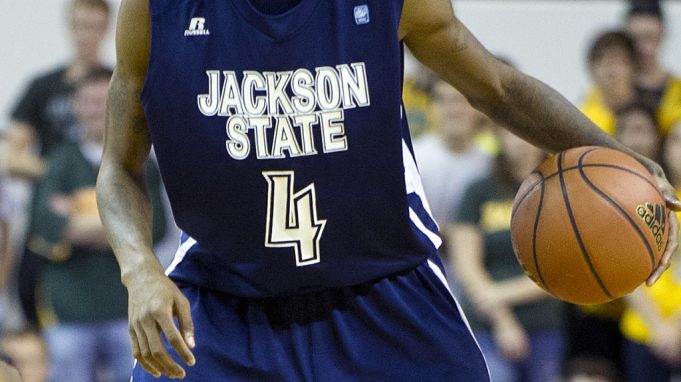A new study authored by Ian DeVol Scott, a doctoral student in higher education leadership at Union University in Jackson, Tennessee, analyzed the academic performance of student athletes at the nation’s historically Black colleges and universities.
“Factors Influencing the Academic Performance of African American Student-Athletes in Historically Black Colleges and Universities” was published in the United States Sports Academy Sports Journal and found that “there was a significant relationship between academic performance and current living arrangements. Participants that lived on campus performed better academically than those that lived in other housing arrangements.”
The 21st century has increased the need for colleges and universities to put more emphasis on retaining their students and improving graduation rates. Colleges and universities have tried to make significant improvements through a variety of programs and student services, the study says, and higher education institutions have developed offices, programs, and departments specifically designed to improve retention rates. Many higher education institutions, especially Historically Black Colleges and Universities (HBCUs), are faced with a lack of financial resources to develop specialized units of operation that are imperative to student success.
The findings from this study indicate that the number of hours spent during the week preparing for class and the number of hours spent during a typical week on co-curricular activities had a small amount of impact on the academic performance of student-athletes in the study.
“Findings do indicate that the type of living arrangements of student-athletes at HBCU institutions affect academic performance consistently and it should be recommended that HBCU institutions’ athletic departments put in place guidelines for freshman student-athletes to continue live on campus throughout their four to five years of matriculation to graduation,” the study states. “Furthermore, these findings could benefit institutions that stress the importance of academic performance amongst student-athletes enrolled and elevate the graduation rates of HBCU institutions that in previous years have been identified by having lower graduation rates than PWI institutions.”
Scott believes that his study shows “the need for student-athletes to live on campus with all options of campus involvement available.” He also believes that HBCUs should “reevaluate the importance of campus living communities and access to academic success programs and offices for student-athletes.”










